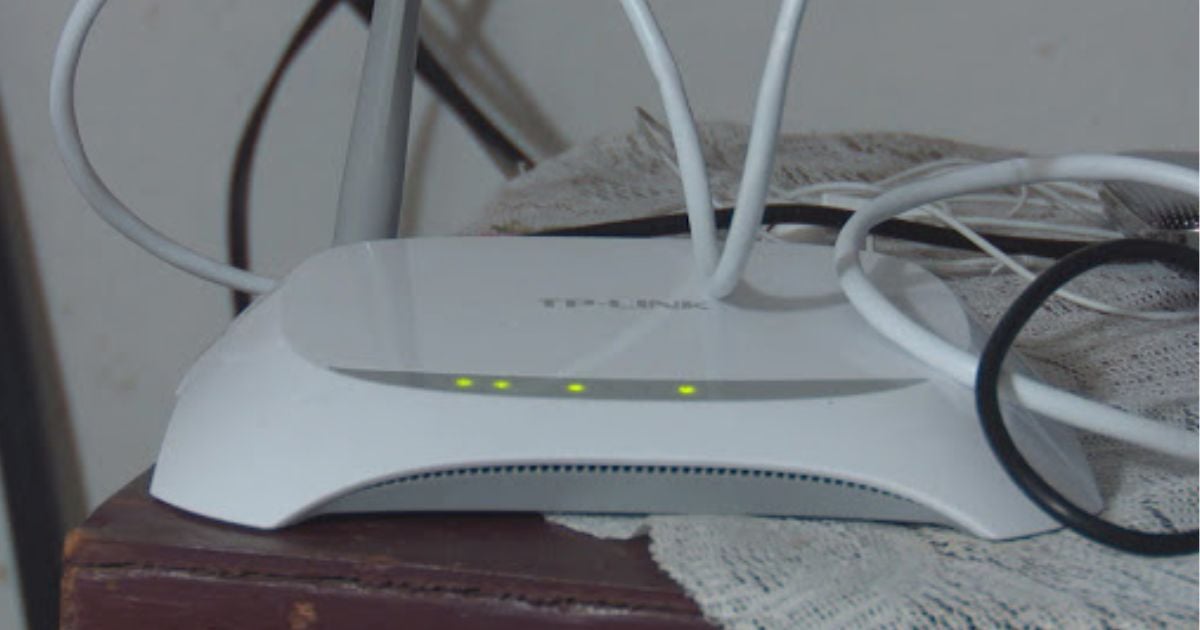In the wake of controversy sparked by ETECSA's recent hike in mobile service charges, Cuba's telecommunications monopoly has announced plans to introduce a new model for home Internet access. However, details about its implementation and pricing remain vague. During a broadcast on the program Mesa Redonda, Lidia Esther Hidalgo, the commercial vice president of the state-run company, hinted that a new, optional offer related to the Nauta Hogar service would be revealed this summer, as reported by Prensa Latina.
Nauta Hogar currently allows home connections via ADSL technology, with plans varying based on contracted hours. The brief announcement has stirred concern among the public, as many now rely more heavily on Nauta Hogar following the recent increase in mobile data prices, raising fears of further restrictions or price hikes in this system.
According to Hidalgo, the upcoming offer aims to cater to different customer consumption profiles. Yet, given the unpopularity of recent changes, this claim has been met with skepticism and distrust. "Some use up all their available hours, others don't. We'll offer something we believe is quite interesting," she noted.
While she did not disclose pricing or technical details, Hidalgo assured that users would have choices better suited to their consumption needs. Additionally, those unable to use all their hours will have the option to carry them over—a long-standing customer demand that seems to be addressed only now as the company faces growing public scrutiny and civic pressure.
The announcement comes amid escalating discontent over recent modifications to mobile plans and top-ups, viewed as a "digital price hike." Students, citizens, and organizations have vocally criticized ETECSA’s pricing strategy and its impact on Internet access, now increasingly seen as an essential service during the crisis.
Also on Monday's Mesa Redonda, ETECSA's executive president, Tania Velázquez Rodríguez, publicly acknowledged that the operational sustainability of telecommunications services on the island relies heavily on funds from international top-ups by Cuban emigrants. She explained these revenues have been crucial for financing technology acquisition and the connectivity of state institutions.
Velázquez Rodríguez noted that foreign top-ups have been in place for over 15 years and constitute "80% of international revenue" for the company. She added that while this is a common practice globally, it is particularly vital for Cuba: "These services, which currently consume such high capacities, require us to seek sources for their recovery," she stated. However, this economic dependency arises amidst ongoing accusations against ETECSA for its cooperation with the regime's repressive mechanisms.
To quell some criticism, the regime announced on Monday that university students could now purchase a second mobile data package of 6 GB, in addition to the one available with the 360 CUP allocated monthly for national top-ups. This group will thus have access to 12 GB per month at a cost of 720 CUP.
Nevertheless, the Federation of University Students (FEU) and the Communist Youth Union (UJC) at Havana's "José Antonio Echeverría" Technological University (CUJAE) strongly condemned these new ETECSA provisions. In a joint official statement issued on June 3rd, the FEU Council and UJC Committee demanded not only alternative solutions but also greater respect from ETECSA towards the Cuban people.
Understanding ETECSA's New Internet Plans
What changes has ETECSA announced for home Internet access?
ETECSA plans to introduce a new, optional model for home Internet access, but specific details about the pricing and structure of this service have not yet been disclosed.
How is the public reacting to ETECSA's announcement?
The announcement has caused concern among the public due to recent increases in mobile data prices, leading to fears of more restrictions or price hikes for the Nauta Hogar service.
Why is ETECSA's revenue from international top-ups significant?
Revenue from international top-ups, mainly sent by Cuban emigrants, is crucial as it represents 80% of ETECSA’s international income, supporting technology acquisition and connectivity for state institutions.
What measures has the regime taken to address student concerns?
The regime announced that university students can now buy an additional 6 GB mobile data package, allowing them a total of 12 GB per month, in response to criticism over ETECSA’s pricing policies.
